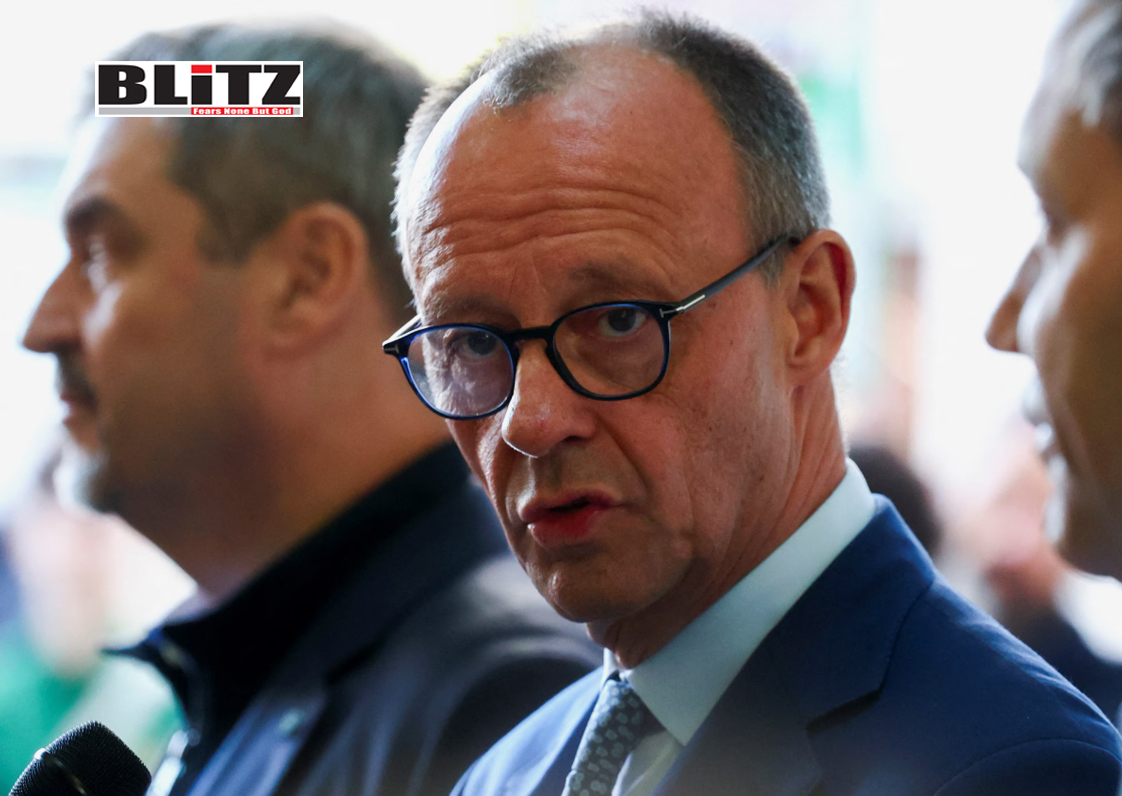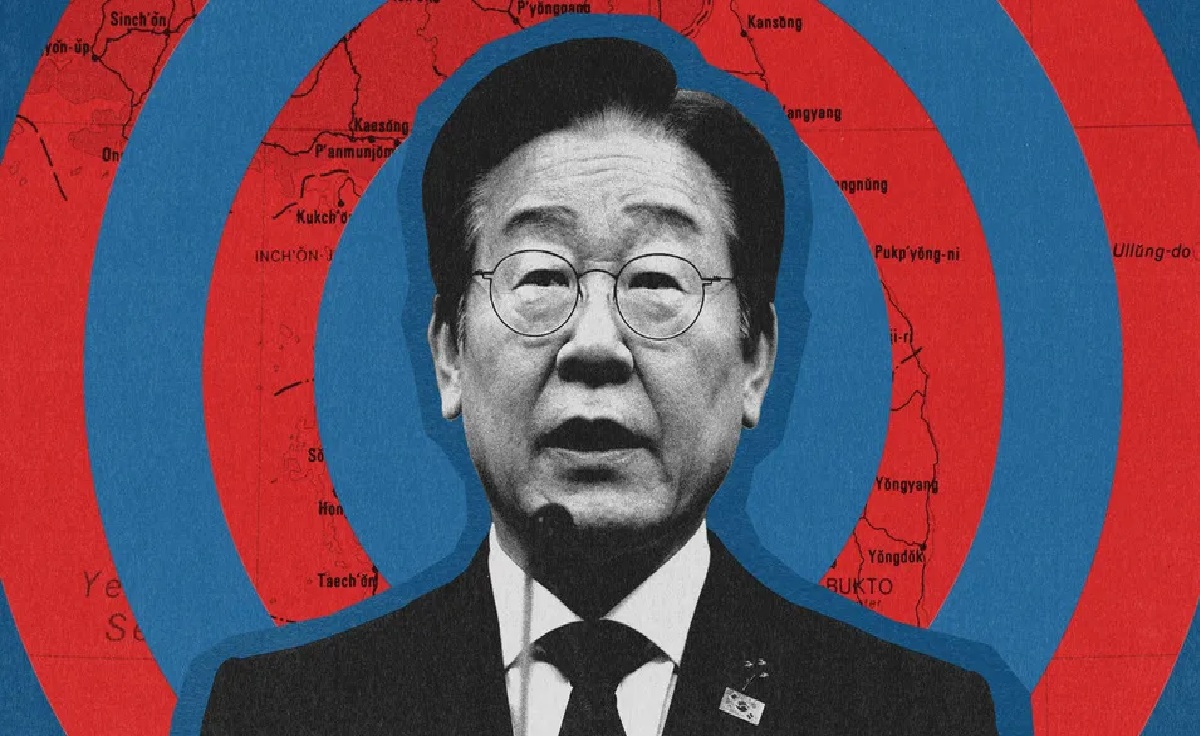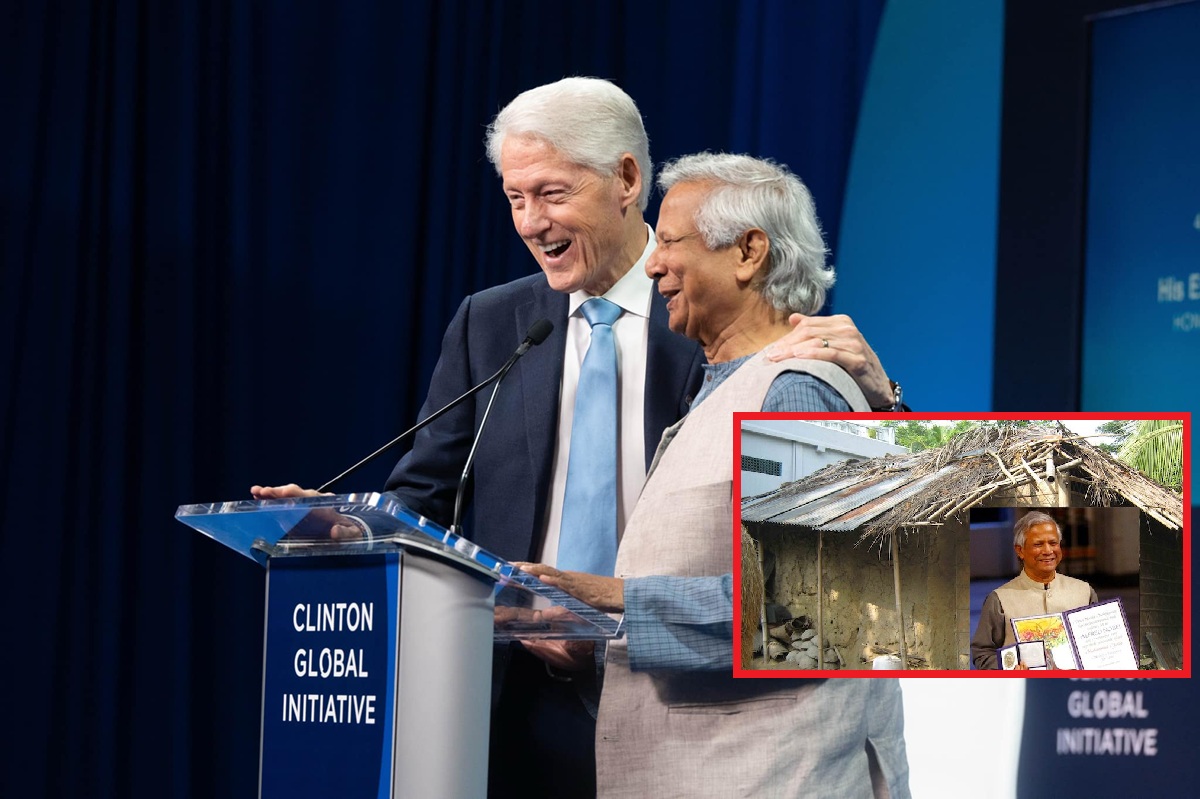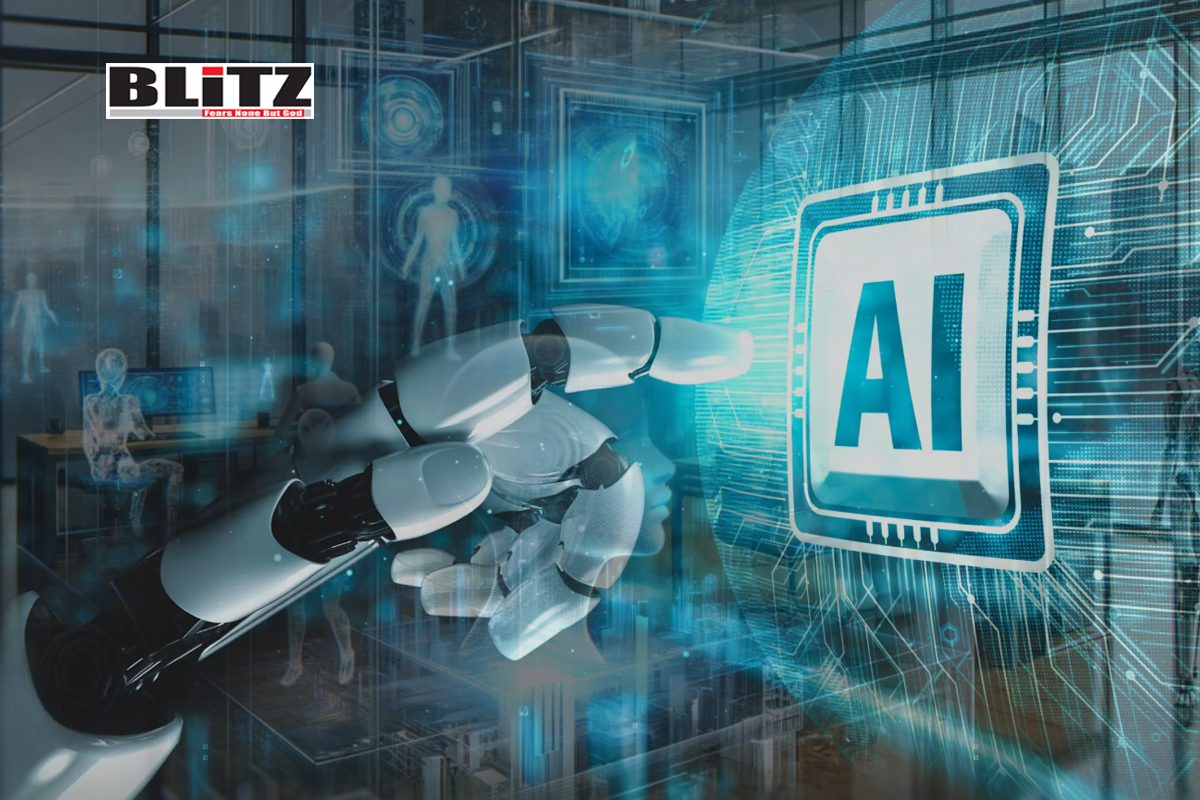Friedrich Merz and Germany’s crossroads: Can he lead a game-changing government
In 2025, Germany stands at a political and economic crossroads. The elevation of Friedrich Merz, leader of the Christian Democratic Union (CDU) and its Bavarian sister party the Christian Social Union (CSU), to the chancellorship signals a potentially transformative period for the country. But with a fractured electorate, a volatile international context, and mounting domestic pressures, the question remains: can Merz truly lead a “game-changer” government?
The phrase “necessity is the mother of invention,” often attributed to Plato, finds a new home in contemporary German politics. Merz’s unexpected success in forming a coalition with the center-left Social Democratic Party (SPD) ahead of his self-imposed Easter deadline demonstrates not only political agility but also an acute awareness of the urgency Germany faces. The swiftness of the coalition agreement stands in stark contrast to the months-long negotiations seen in 2017 under Angela Merkel, when it took 170 days to finalize a similar “grand coalition.”
This speed reflects more than Merz’s personal ambition. It is driven by a confluence of crises: the war in Ukraine, economic stagnation at home, the looming threat of a trade war with the United States, and the meteoric rise of the far-right Alternative for Germany (AfD). These realities have created a pressure cooker environment, forcing traditional parties to act decisively or risk losing the political narrative.
Merz steps into office amid continued geopolitical instability, most notably in Ukraine. His position marks a shift from the more hesitant stance of former Chancellor Olaf Scholz. Scholz faced criticism for dragging his feet on delivering advanced weaponry to Kyiv. Merz, in contrast, has voiced conditional support for supplying long-range Taurus missiles-potentially allowing Ukraine to strike deeper into Russian-controlled territories.
His stance could realign Germany more closely with hawkish elements in the European Union and the Biden-aligned remnants of the US foreign policy establishment. However, the re-election of Donald Trump and his second-term administration-marked by a more isolationist outlook and aggressive economic nationalism-adds complexity. With Trump’s tariffs back on the table, Germany faces the risk of being caught in an economic and diplomatic tug-of-war between Washington and Beijing.
The February elections were a stark wake-up call for Germany’s political mainstream. Voter turnout was the highest since reunification, with 82.5 percent of eligible citizens casting a ballot-a reflection of the electorate’s heightened anxiety. The AfD capitalized on these sentiments, nearly doubling its vote share compared to the previous election and finishing a strong second. Backed by key figures in the Trump administration, including Vice President J.D. Vance, and amplified by Elon Musk’s Department of Government Efficiency, the far-right party has grown from a fringe voice to a formidable political force.
Merz’s CDU/CSU bloc, while winning the largest share of the vote at 28.5 percent, posted its second-worst post-war performance. For context, Merkel’s party secured 42 percent in 2013. Merz now faces the dual challenge of restoring conservative dominance while also quelling the populist tide. To this end, he has pivoted sharply rightward on issues of law and order and immigration. His proposals include expediting the deportation of noncitizens with criminal records and reversing undocumented migration flows-efforts designed to peel support away from the AfD without alienating moderate voters.
Merz’s domestic ambitions center around a sweeping reform platform branded “Agenda 2030.” Initially focused on tax relief, the plan has evolved into a broader stimulus initiative aimed at reigniting economic growth. After two consecutive years of contraction in 2023 and 2024-Germany’s first double-dip stagnation since the 1950s-the need for bold economic action is clear.
A critical development came in the form of constitutional reform. Legislators recently voted to weaken the 2009 “debt brake,” a balanced budget amendment enshrined in German law. This seismic policy shift could unlock over €1 trillion in public investment over the next decade. At least €100 billion has already been earmarked for a green transformation fund, with spending targeted at energy reform and infrastructure revitalization.
Merz has laid out several high-stakes proposals: scaling back dependence on Russian gas, reducing energy taxes, lifting the ban on combustion engines, and expanding e-mobility infrastructure. These measures aim to both bolster Germany’s struggling automobile industry and meet climate targets. However, the politics of such spending remain treacherous. The AfD fiercely opposes the massive outlay, citing fears of inflation and waste, while the Left Party criticizes the prioritization of defense spending over social welfare.
Perhaps the most controversial pillar of Merz’s vision is his approach to China. While the Scholz government began to distance itself from Beijing through a policy of “derisking,” many German corporations have continued to expand their presence in the Chinese market. Merz has issued stern warnings to businesses against deepening ties with China, urging them to avoid placing their entire enterprises at risk through overconcentration in one geopolitical region.
His remarks signal a possible policy break from the era of Merkel, who championed robust economic engagement with China. For Merz, the lesson from Russia’s invasion of Ukraine is clear: geopolitical dependencies can quickly become liabilities. He has insisted that companies bear the full cost of risky foreign investments without expecting state bailouts.
This hardline position is likely to strain relationships with influential German industrial lobbies and may encounter resistance from export-driven firms, particularly in the automotive and engineering sectors. But it also underscores Merz’s broader strategic intent: to position Germany as a resilient, sovereign economic actor in a volatile multipolar world.
Merz’s chancellorship represents a critical turning point for Germany. The country is grappling with multiple overlapping crises-economic malaise, rising populism, and strategic realignment in foreign affairs. While Merz’s rapid coalition-building and aggressive policy rollout suggest momentum, the durability of his vision remains uncertain.
The coalition with the SPD is itself a political tightrope. While both parties are committed to stability, ideological divergences-particularly over defense spending, social policy, and fiscal management-could surface quickly. The new government’s ambitious spending plans, though legally feasible, may yet trigger backlash if inflation resurges or if promised results fail to materialize.
Externally, Germany faces an unstable and increasingly polarized global environment. The return of Donald Trump complicates European defense coordination, while China’s growing dominance in key industries poses a direct challenge to Germany’s economic model.
Ultimately, Friedrich Merz has the opportunity to lead a game-changing government, one that can steer Germany away from paralysis and decline. But success will require more than bold rhetoric and swift coalition deals. It will demand political finesse, economic foresight, and the ability to outmaneuver not only domestic rivals like the AfD but also the shifting tectonics of global power. Whether he is up to the task remains to be seen-but for Germany, the stakes have rarely been higher.
Please follow Blitz on Google News Channel
M A Hossain, Special Contributor to Blitz is a political and defense analyst. He regularly writes for local and international newspapers.
friedrich-merz-and-germanys-crossroads-can-he-lead-a-game-changing-government















Leave a Reply